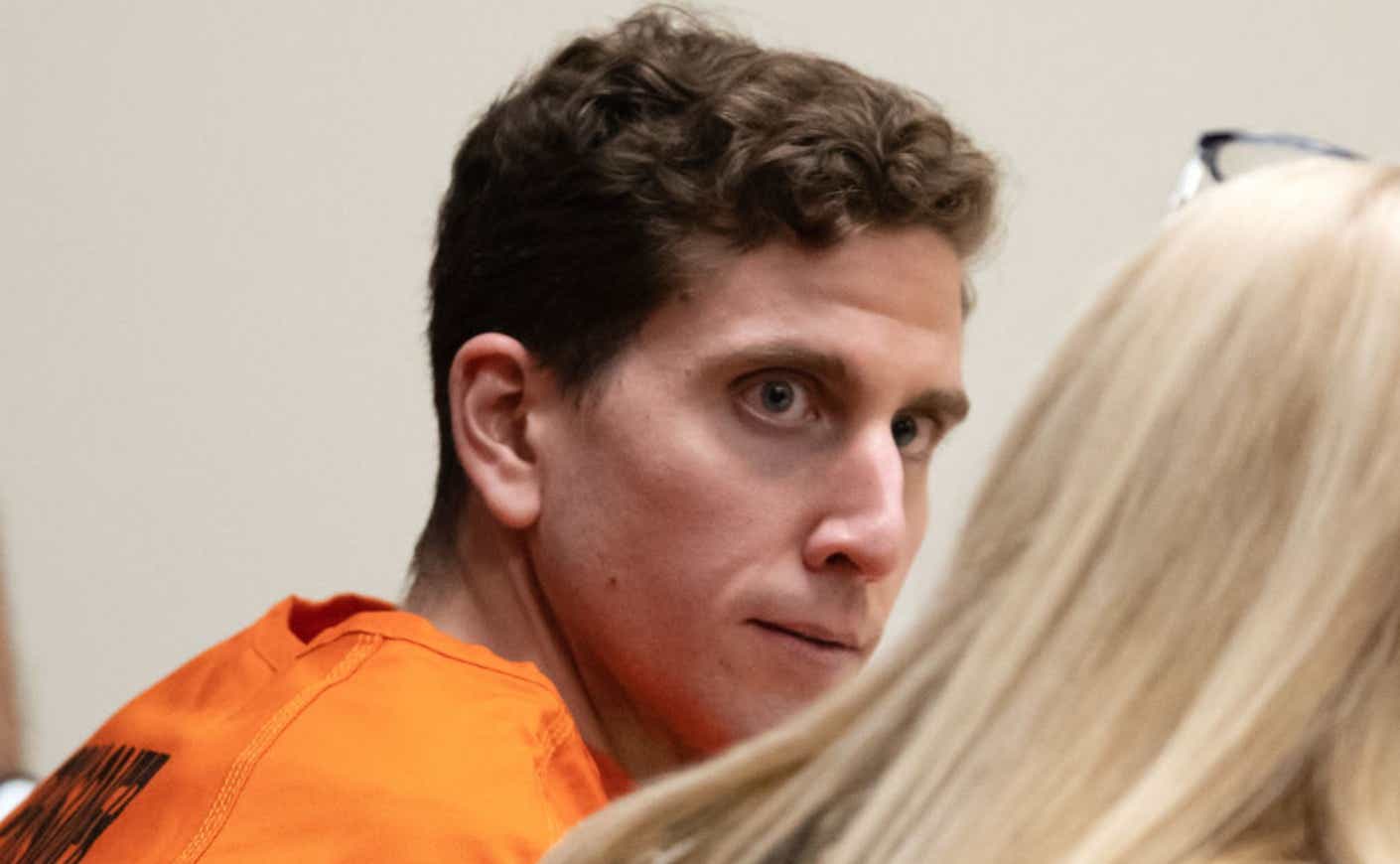For nearly seven weeks, the small, rural community of Moscow, Idaho anxiously waited as law enforcement investigated the tragic murders of four University of Idaho students, but a suspect appears to be facing justice at long last.
Following an intense manhunt, 28-year-old Bryan Kohberger faced his first court appearance on Thursday after being extradited from his home state of Pennsylvania, where he was arrested and charged with the gruesome stabbing deaths of Madison Mogen, Kaylee Goncalves, Xana Kernodle, and Ethan Chapin on Nov. 13.
While his arrest brings some relief to the traumatized town, the evidence on what led police to arrest him for the quadruple murder is just now coming to light and raising a lot of questions. Some may not be answered until next Thursday when he’s expected to appear for his preliminary hearing to enter a plea to the charges against him — but here’s what we know so far.
Who is Bryan Kohberger?
At the time of the slayings, Kohberger was a Ph.D. student at nearby Washington State University studying criminal justice and criminology. The university is just eight miles from the off-campus housing in Moscow, where the four young students were killed in their sleep. For now, his motive or what connection he had to the victims remains unclear, though the cell phone associated with Kohberger was detected in the area at least 12 times in the months leading up to the murders.
Apart from the murders, the suspect seemed to long have a fascination with crime. According to court documents, Kohberger posted a Reddit survey that asked for participants to provide information to "understand how emotions and psychological traits influence decision-making when committing a crime.” In the fall of last year, he even applied for an internship with the Pullman Police Department in Washington.
He now faces four counts of first-degree murder and felony burglary in connection with the killings. During his first court appearance on Thursday, he was also denied bail.
What happened on the night of the University of Idaho murders?
The killings took place on what would seem like any other Saturday night in a college town. Kernodle and Chapin went to a fraternity party, while Mogen and Goncalves went out to a bar. All four of the students are believed to have arrived back at the house at around 1:45 a.m.
Idaho police said in the affidavit that they believe the murders didn’t happen until between 4 a.m. and 4:25 am. Two other roommates were home at the time of the killings but were unharmed (they were also ruled out as possible suspects). One of them, who remains unidentified, said she woke up during that time and saw "a figure clad in black clothing and a mask" leaving the house. Then surveillance footage captured a white Hyundai Elantra speeding away from the home at around 4:20 a.m., only to return roughly five hours later. This same sedan was subsequently taken from Kohberger’s family home on the day of his arrest.
Police didn’t arrive on the scene until the next day after one of the surviving roommates came across one of the victims and dialed 911 at around 11:58 a.m.
What do authorities think Kohberger killed the students?
As law enforcement still pieces together clues, newly released court documents show that the most damning piece of evidence against Kohbeger is the DNA he left on the knife sheath that was found at the crime scene. Moscow, Idaho Police Cpl. Brett Payne said agents used trash recovered from his parent's home to make the match. Meanwhile, the murder weapon itself, which is believed to be a large fixed-blade knife, still hasn’t been recovered, according to Moscow police.
Though the DNA discovery marked a breakthrough, authorities acknowledged there’s still a long way to go and thanked the public for their help in providing tips to help investigators probe the murders.
"No arrest will ever bring back these young students," Moscow Police Chief James Fry told reporters. "However, we do believe justice will be found through the criminal process."









